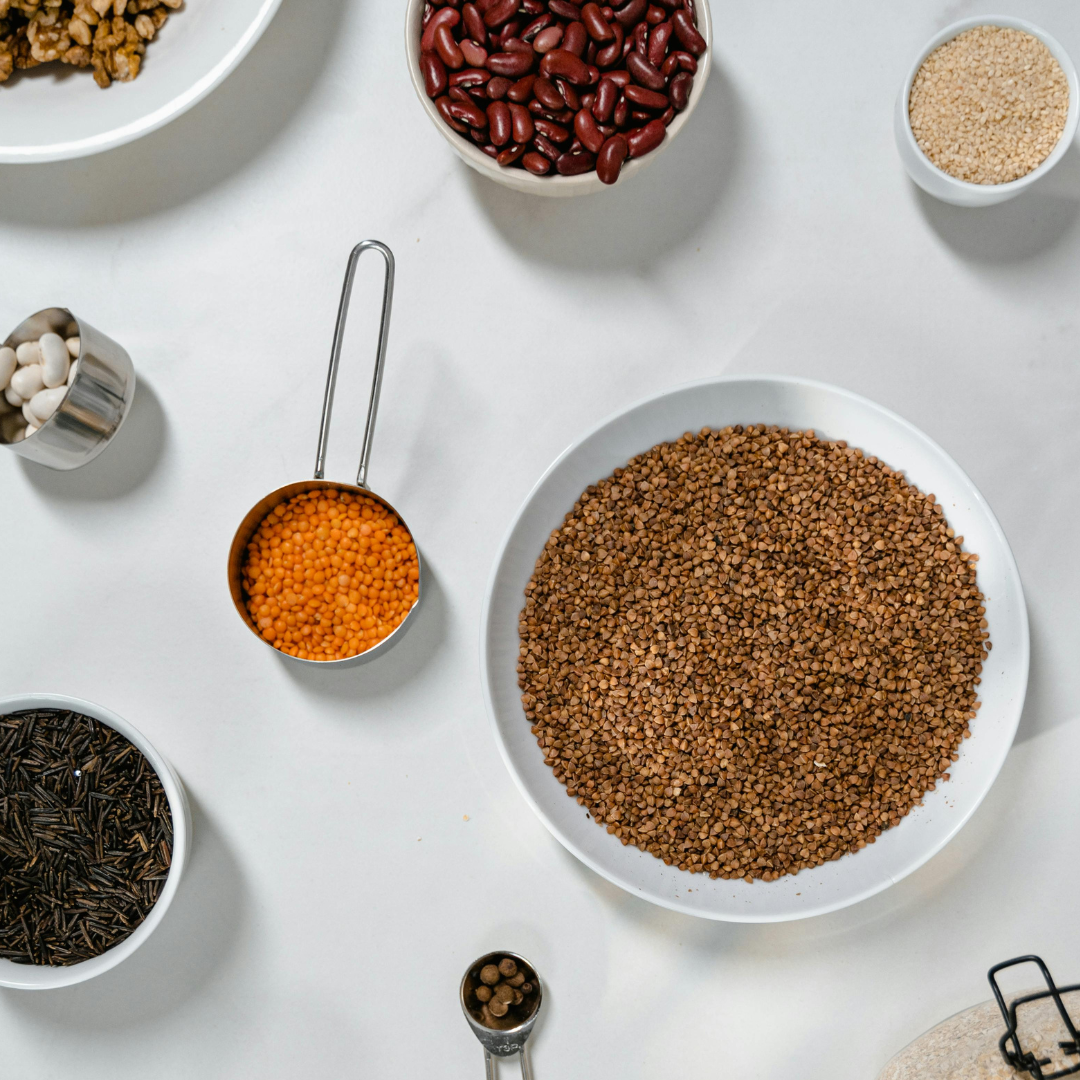The Best Live Cultures for IBS, Constipation and Bloating*

IBS is known for its unpredictability, symptoms can come and go without warning, making day-to-day life feel uncertain at times. Here are a few helpful tips to better understand your gut and support more consistent digestive comfort.
Get to know your gut
If your stomach sometimes feels like it has a mind of its own, you’re not alone. Digestive discomfort, such as bloating, constipation, or irregular bowel movements, is a common experience for many. One condition often associated with these symptoms is Irritable Bowel Syndrome (IBS). While it can vary from person to person, IBS typically includes changes in bowel habits, abdominal bloating, and cramping.
Before diving into strategies that may support your digestive wellbeing, let’s explore what IBS is and what current research says about the gut microbiome’s potential role.
What is IBS?
IBS is a functional gastrointestinal disorder that affects how the gut works but it doesn’t cause visible damage to digestive tissue. It’s surprisingly common: around 1 in 5 UK adults may experience IBS symptoms, though many remain undiagnosed.
The exact cause of IBS isn’t fully understood, but research links it to factors such as:
-
Diet and food sensitivities
-
Stress and the gut–brain axis
-
Gut sensitivity
-
Changes in gut bacteria (also known as dysbiosis)
Because IBS can have multiple triggers, finding a management strategy often requires a bit of trial and error.
Gut bacteria & digestive health
Your gut microbiome is a diverse community of trillions of microorganisms, including bacteria, that help carry out essential functions like digestion and immune support. A healthy, balanced gut microbiota is thought to be one of several key factors in maintaining digestive comfort.
Many people look to fermented foods or live cultures as a natural way to support this microbial balance. These foods are often associated with the term “probiotic”, which is commonly used in scientific literature, although in the UK, the term isn't permitted in product marketing due to regulatory guidelines.
What are live cultures (a.k.a. “Probiotics”)?
Live cultures (sometimes referred to as probiotics in research contexts) are beneficial bacteria naturally present in certain fermented foods like yoghurt alternatives supplements, sauerkraut, kimchi, and kefir.
Scientific studies have explored how specific strains of live cultures may support digestion but responses can vary and not all strains have the same effects.
Common live culture strains found in fermented foods
Here are some of the most well-researched live culture strains found in various fermented foods and supplements:
- Bifidobacterium lactis – studied for its role in supporting regular bowel movements
- Lactobacillus plantarum – commonly found in fermented vegetables; may help break down food compounds
- Streptococcus thermophilus – often used in yoghurt cultures
- Bacillus coagulans – known for its resilience in harsh stomach conditions
- Lactobacillus acidophilus – one of the most widely studied strains in live culture products
While these are often mentioned in connection with probiotic effects in research, it’s important to remember that not all products contain the same strains or amounts and effects vary by individual.
How to support digestive wellbeing
If you're looking to support your gut, whether you’re managing IBS or simply aiming for better digestive balance, consider these non-medical lifestyle tips:
-
Eat a variety of fibre-rich foods: Whole grains, fruits, vegetables, legumes, and seeds help feed beneficial gut bacteria. Just be mindful that, for some people, especially those with IBS, too much fibre can have the opposite effect. Here’s how to ensure you get enough fibre whilst avoiding constipation.
-
Includ foods with live cultures: fermented foods like kimchi can be a natural source of live cultures. Explore kimchi's gut health benefits here. You could also supplement with gut health drinks or other alternatives with live cultures.
-
Stay hydrated: Fluids help keep your digestive system running smoothly.
-
Manage stress: Stress can influence digestive symptoms, so practices like yoga, breathwork, or journaling may be helpful. Learn how to practice breath-work here.
-
Track your symptoms: Keeping a food and symptom diary can help identify potential triggers.
Final thoughts
Managing IBS or ongoing digestive discomfort is highly individual. While including live cultures or fermented foods may be helpful, it’s only one part of the bigger picture. Diet, stress management, lifestyle habits, and professional support all matter.
If you’re experiencing persistent symptoms, speak with a GP or registered dietitian for personalised advice.
Your well-being is our top priority. While we take great pride in our expertise in gut health and overall wellness, we understand that every gut is unique. The content we provide is not meant to diagnose, treat, cure, or prevent any illness, or replace the advice of your GP. We strongly encourage you to consult with a healthcare professional if you have any health concerns. Rest assured, we are here to support you throughout your journey, so you are never alone. Our in-house nutritionists will always be here to support you on your journey to optimal gut health.



